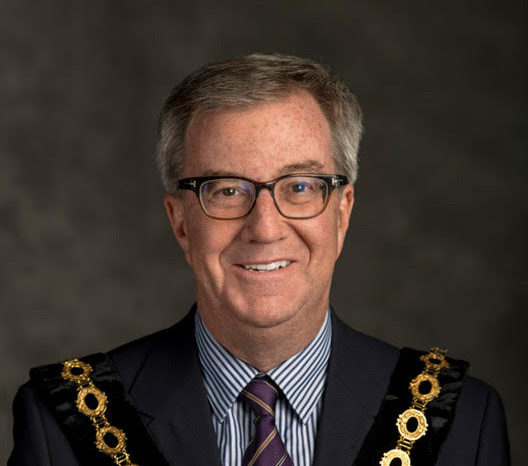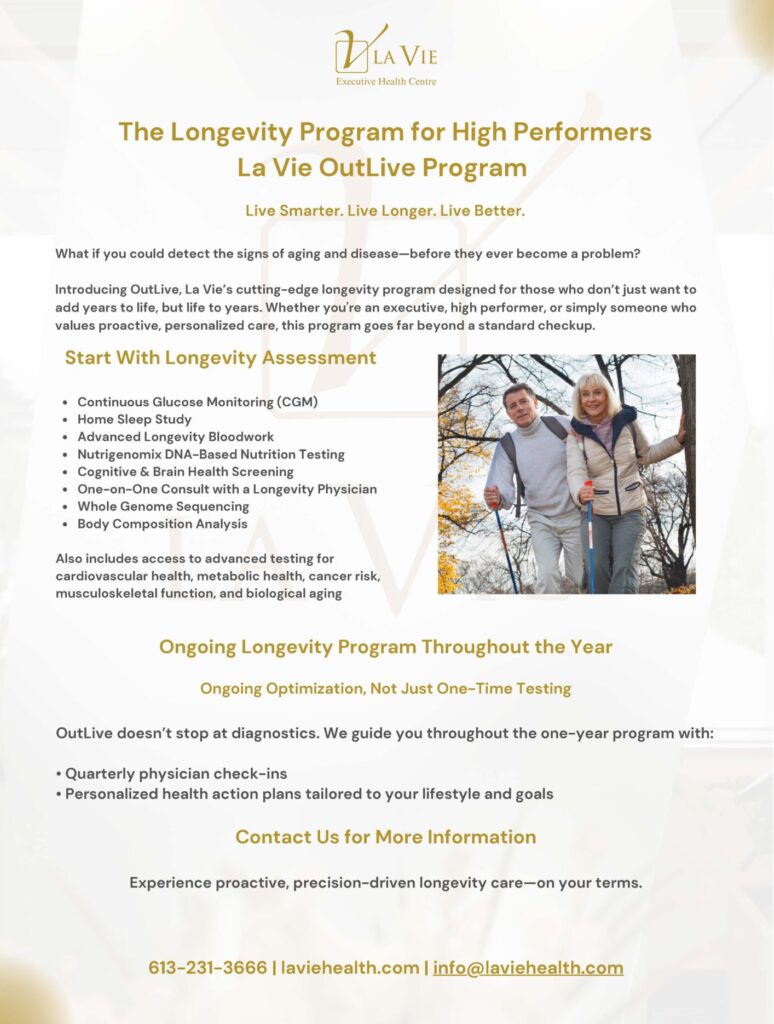OTTAWA DRIVING WORLD-CLASS MEDICAL RESEARCH AND ADVANCEMENTS

Ottawa residents are fortunate to live in a city with many world-class institutions that are advancing medical education and research. Here are some of the current initiatives of four leading local health centres.
BY JEFF BUCKSTEIN
Children’s Hospital of Eastern Ontario (CHEO)
In addition to being at the cutting edge of developing new diagnostics and treatments of physical diseases, CHEO, a pediatric hospital and research centre in Ottawa, has sharpened its focus on the prevention and treatment of mental health disorders.
Mental health issues have become more acute during the pandemic because of the increased isolation both adults and children are experiencing, says Jason Berman, chief executive officer and scientific director at the CHEO Research Institute and also Vice President of Research at CHEO.
Even in children that didn’t already have underlying mental health issues, the pandemic has “had a profound effect on kids, youth and adolescents because they haven’t been able to do the regular things that kids should do, like go to school and participate in intermural sports and have sleepovers and birthday parties and play on soccer teams,” says Dr. Berman.
CHEO’s 1Call1One Click.ca program, established in late 2021, is a centralized mental health program that allows individuals to either call, or go online to identify a specific mental health service they need, and to receive service promptly.
CHEO’s precision child mental health initiatives are also aimed at eating disorders. A large clinical program, along with a strong collaborative research program involving adolescent medicine physicians, psychiatrists, scientists, radiologists and psychologists work together to examine how, for example, novel brain imaging can help them understand this disease better and perhaps be able to intervene to address the problem earlier.
“Right now, the kids that really get the attention are those that are the sickest and require admission to hospital. But there are many kids out there that have milder, earlier forms of eating disorders that if we could understand and tackle these earlier, we could perhaps prevent their progression,” Dr. Berman explains.
Dr. Berman says that CHEO is well positioned to lead in research and innovation operating within Ottawa, which also boasts leading technology companies, universities, and other hospitals to serve as partners.
The Royal
Joanne Bezzubetz, president and CEO of The Royal, says the hospital’s trailblazing brain imaging centre has helped make important advancements in understanding the biology of mental illness and substance use disorders. It allows neuroscientists and clinicians to study brain circuits involved in depression and other mental illness like schizophrenia. Through research studies, neuroscientists and clinicians can measure the impact of specific treatments on the brain. It could also measure the effect of medication on the brain, she elaborates.
The Royal’s Prompt Care Clinic provides rapid care to people who come in with a referral from a physician or psychiatrist to receive four sessions of psychotherapy and/or medication. The clinic began as a virtual meeting place during the early stages of the pandemic but will be expanding to also offer a physical location option for patients.
The Royal’s Rapid Access Addiction Medicine program enables people to receive immediate addictions services on an outpatient basis. This service has helped reduce opioid and alcohol related emergency department visits, hospitalization and deaths.
“Our substance use and concurrent disorders program at the Royal is one of the most advanced programs in the country,” says Bezzubetz. “Like mental illness, addiction does not discriminate. It touches people at all ages, all demographics and all different socio-economic statuses.”
Bezzubetz says she is noticing much more collaboration among all the research institutes, academic health sciences centres and large hospitals in the region.
“When it comes to mental health, the Royal has a very large footprint. Our vision is to be a hospital without walls. We’ve got tremendous outreach through working with large hospital partners like Queensway-Carleton and CHEO, but also various community hospitals in Hawkesbury, Cornwall, and Kemptville,” she explains.
University of Ottawa Heart Institute’s Faculty of Medicine
“One of the major ways that cardiovascular research has evolved, and that we at the Heart Institute have contributed significantly, is to the understanding of the underlying patient genetics that contribute to the way an individual develops heart disease, and then might respond to treatment,” says Katey Rayner, a professor and assistant dean of research and special projects at the University of Ottawa Heart Institute’s Faculty of Medicine.
Understanding genetics has also provided a completely new level of understanding about how to approach patient care. For example, some people have very high levels of blood cholesterol for which genetic mutations can be identified and appropriate treatments devised for those individuals to manage their cholesterol, says Dr. Rayner.
The University of Ottawa Heart Institute’s ST-segment elevation myocardial infarction [STEMI] Program protocols have resulted in faster treatment and saved lives. If somebody is brought into the hospital and suspected of having a heart attack, the type of heart attack that person is having can be diagnosed. For example, if there is a blockage in an artery that needs to be broken up very quickly, that patient can be moved promptly into a cardiac catheter laboratory, which significantly improves their chances of recovery, Dr. Rayner explains.
“Ottawa has been increasing in the rankings when it comes to research and innovation scores, no matter what sort of metric you use. I think some of the driving force is that Ottawa has been quite an innovative city when it comes to technology,” says Dr. Rayner, who notes that when a local tech company has developed a new medical app, tracker or other technology, they often test it with the Heart Institute’s patients.
The Ottawa Hospital
Cameron Love, president and chief executive officer of The Ottawa Hospital (TOH), says that research in hospitals tends to be divided into three major components – clinical, translational, and bench research, and that all three are key areas of activity for his hospital.
TOH’s research is dedicated to finding advanced treatments to manage various diseases including cancer, ALS, Parkinson’s, multiple sclerosis, and stroke. “A huge portion of what we do is focused around clinical trials and clinical research to come up with new treatments and protocols,” Love says.
For example, in clinical trials, TOH has made several advancements. “We use viruses in immune cells to fight cancer. We use stem cells to repair damage caused by heart attacks or by septic shock. For programs such as the neurosciences, hematology and cancer, we run very large trials using experimental therapies that are regulated. The outcome of those trials is making a huge difference in terms of what we’re doing for treatment in advancing care,” he explains.
Several major research breakthroughs have emerged from TOH, as it has attracted world-class, renowned researchers in many fields from all across the globe in recent years, says Love.
“We have a huge opportunity in Ottawa to take this to the next level now with the new Civic Campus we’re building,” says Love. “A big portion of this will revolve around our building a brand new research tower and large clinical research spaces predominantly focused around neurosciences. When we get this built, we’ll have the largest congregation of scientists and clinicians focusing on the brain in Canada.
“This is probably the biggest opportunity that I’ve seen in the last 25 years. It will allow us to truly transform and advance health care through new research and innovation,” he adds.

























